By Hollie Deese
Nashville native Omari Booker didn’t really begin to tap into his artistic side until he was a senior at Montgomery Bell Academy. His art teacher then, Jim Womack, was a real inspiration — and is still a mentor — but Booker never looked at it then as a path of viable employment.
So he went to Belmont and studied math, but it wasn’t the right fit. He transferred to Tennessee State University to study studio art and graphic design, in which he got his degree.
“My art came sort of late. Life sort of happened for a few years, and then that brought me back around to what I’m supposed to be doing.
“My personal legal issue and incarceration has sort of given me a bit of a stronger desire to look at that side of our system, when I probably wouldn’t have been as aware of it had I not been in it,” he says.
Booker was arrested for drug possession in 2009. That resulted in a 15-year prison sentence. He served three and a half years; his parole will be completed in 2023.
 “I did what I did, so it’s the laws on the books. But I do feel moved to shift that system in a way which is more equal and more fair. I think we can find a better way to deal with a lot of crimes, especially drug possessions and probation violations and child support being late, that people are incarcerated for repeatedly. And it’s a lot easier to get there as a black male.”
“I did what I did, so it’s the laws on the books. But I do feel moved to shift that system in a way which is more equal and more fair. I think we can find a better way to deal with a lot of crimes, especially drug possessions and probation violations and child support being late, that people are incarcerated for repeatedly. And it’s a lot easier to get there as a black male.”
He hopes to be able to use his experience and art to shift that mindset, not beating people over the head with the message, but sharing in the best way that people can understand.
“This isn’t helping move our society in the direction that we want it to go,” he says.
His art and style have evolved over time, spurred on by his almost-daily practice of creating in the studio. He finds influence in Vincent Van Gogh and Salvador Dali, as well as Charles White and Jacob Lawrence.
“When I started it was more capturing images that I saw, that I was drawn to, whether it was a photo I took or a photo that I found. That gradually turned into more expressing an idea internally,” he says. “But I’ve also really enjoyed the freedom of being able to choose new subject matter, using mixed media. I think it’s definitely a little more from the inside out now.”
For the past year or so he had been focused on making art around the one specific topic of redlining — federal discriminatory housing laws. He uses red razor wire and flesh tone colors to create pieces that addressed how those laws set the stage for discrimination and how they affected aspects of American life like sports and the military.
One of Booker’s pieces was a part of the recent exhibit at the Frist Art Musem that focused around the Murals of North Nashville. But lately his work been more abstract as he creates more out of spirit than even out of an idea or an intention to say something specific.
“It’s just kind of speaking to whatever’s floating around inside,” he says.
Oil painting is Booker’s primary medium, and his works run the gamut of sizes. But oil painting murals and mixed media are things he has done more of in the past couple of years.
“Often I use found objects or incorporate some other media into the painting. Sometimes I’ll paint on fabric instead of canvas,” he says. “But oil painting is the foundation.”
A Nashville native, he has seen the tremendous growth not only of the city, but of the art scene. And he is encouraged by it all.
“As more people come to the city with different ideas and different backgrounds, the diversity is growing. And for artists, it’s a great place to be. Of course it’s getting much more expensive to live in Nashville and all those things that kind of go along with it. And I think that’s some of the equality work — finding a way to make space for the people that developed and built the city after it gets so popular.”
Booker says the growth in Nashville’s art community has a different perspective from the black community because there’s already a smaller community where the competitive spirit is akin to two athletes on the same team — they both want to be MVP, but in the end you want everybody to win.
“Even aside from a racial dynamic, I still feel that in Nashville,” he says. “People overwhelmingly root for each other. At least that’s how I feel about it. And that’s the energy that I want to bring too. I think sometimes if you bring that energy into it, then you tend to get it back.”
Booker is the curator and artist in residence at Woodcuts Gallery and Custom Framing and has an upcoming residency with Civil Rights Corps in Washington, D.C.. He’ll be making artwork surrounding social justice issues.
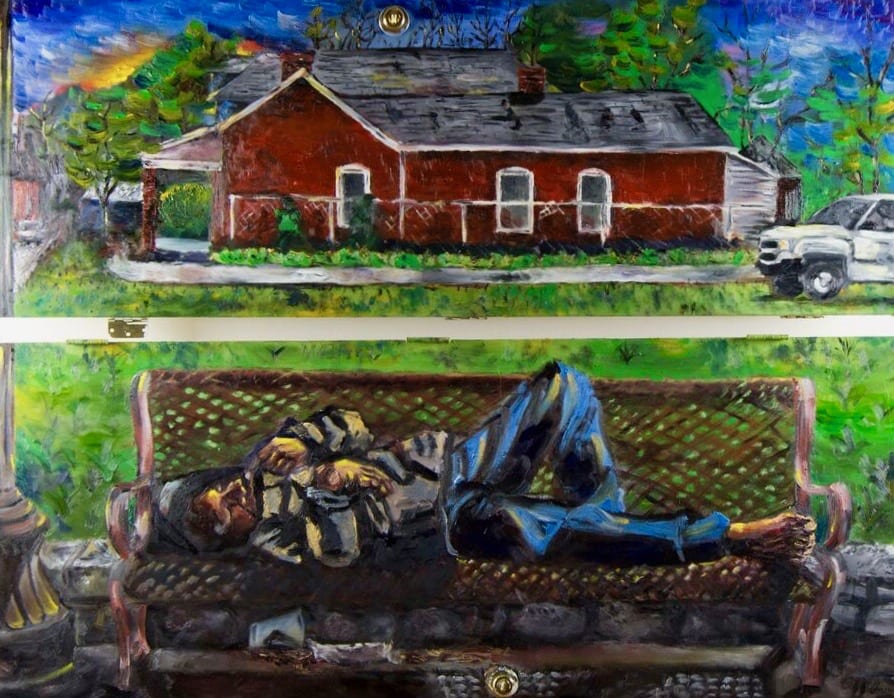


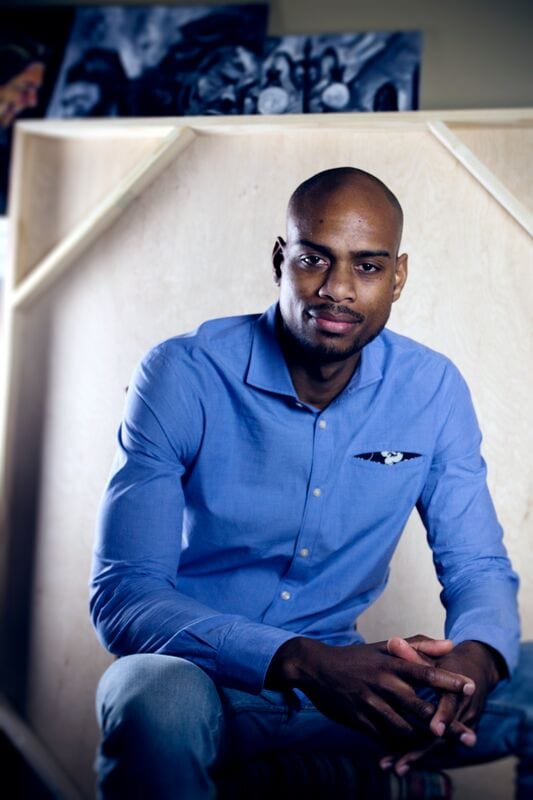
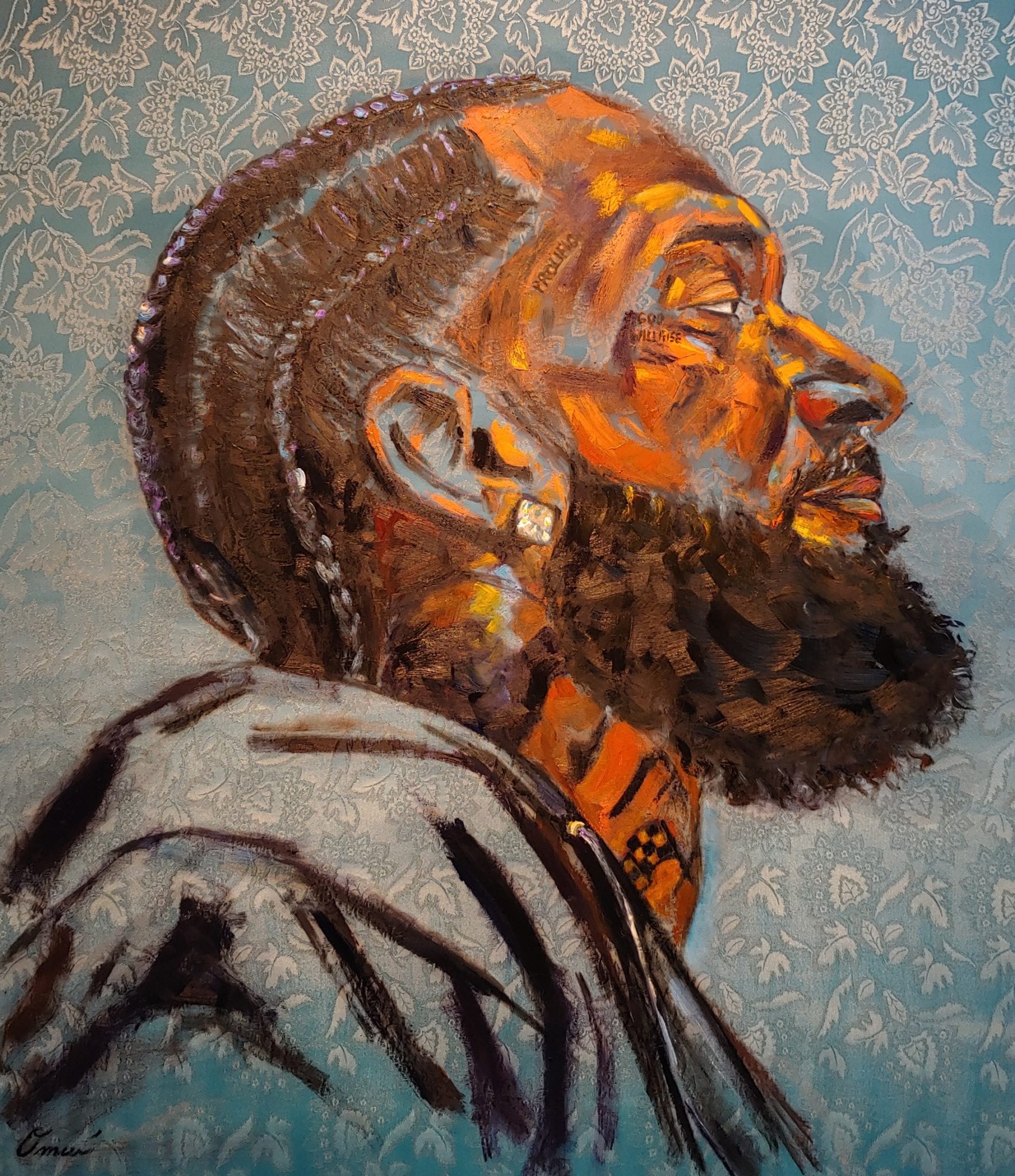
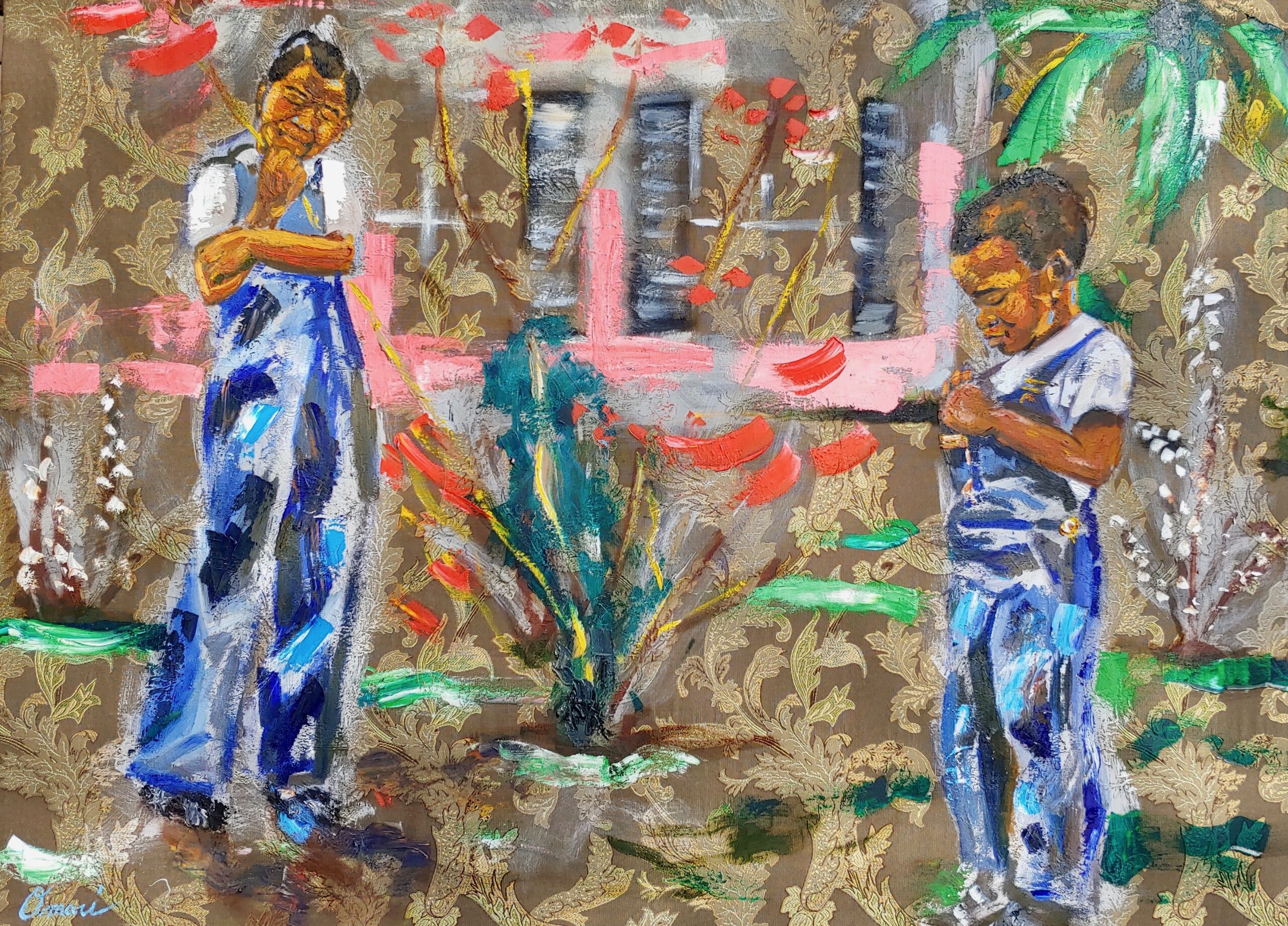

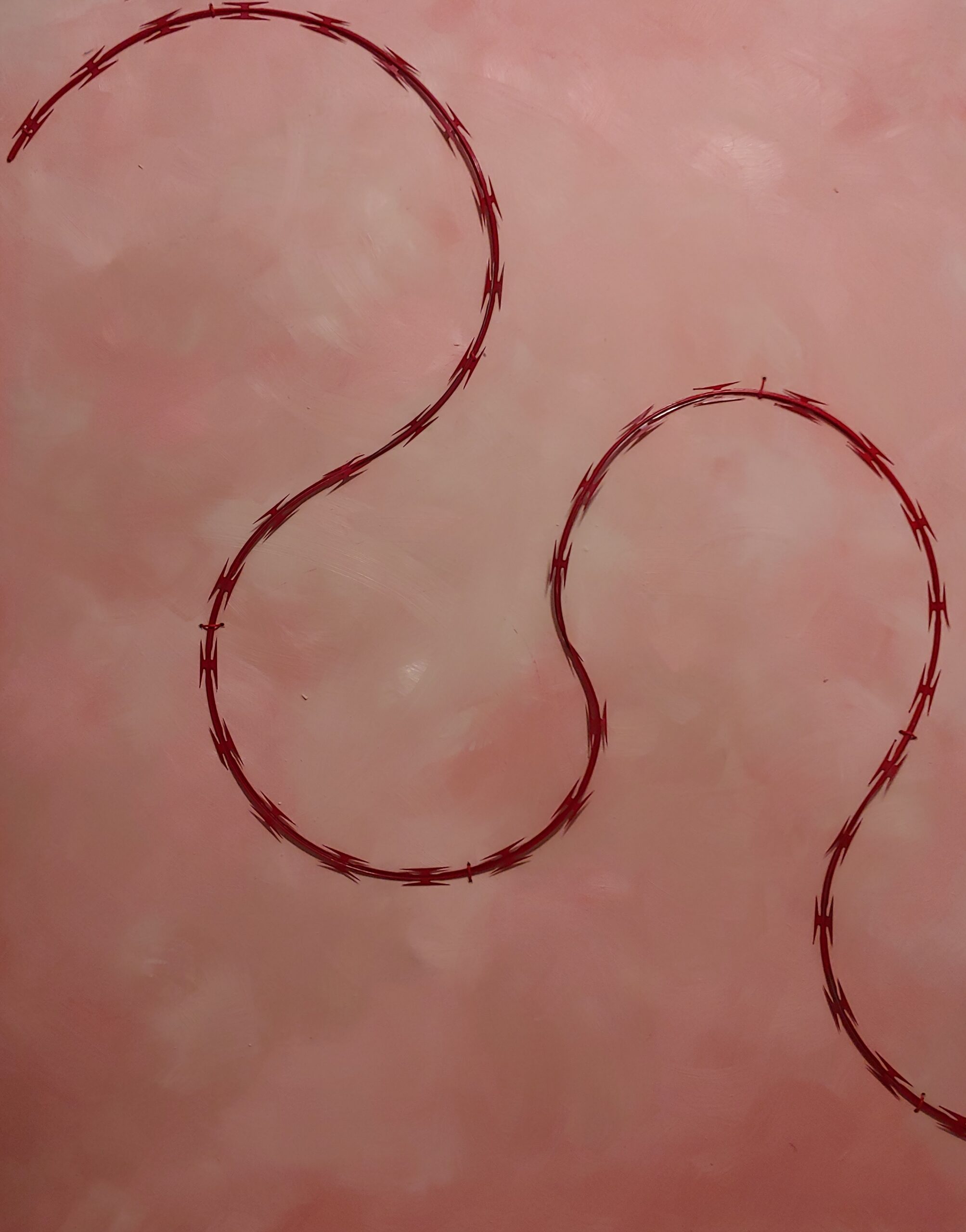
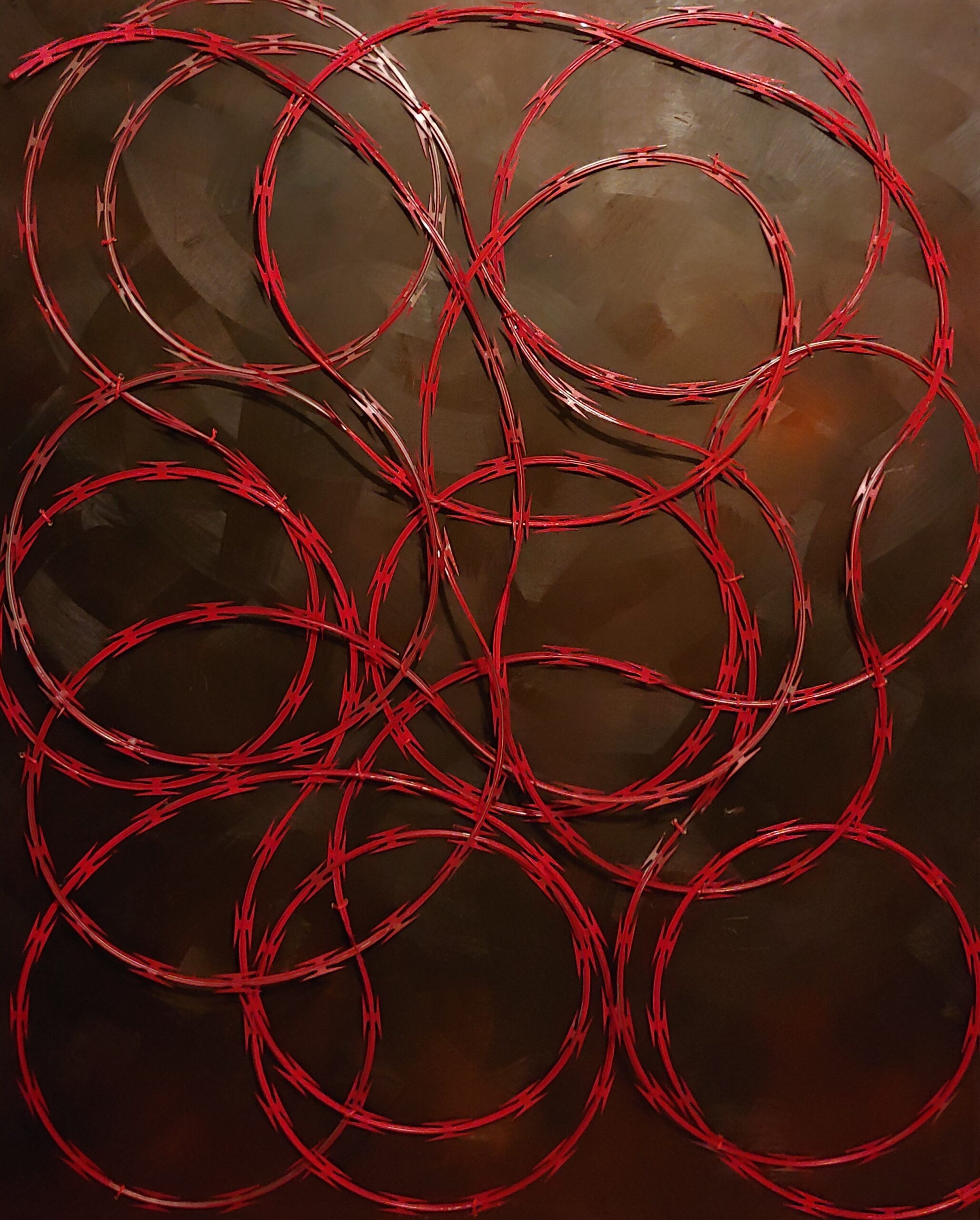
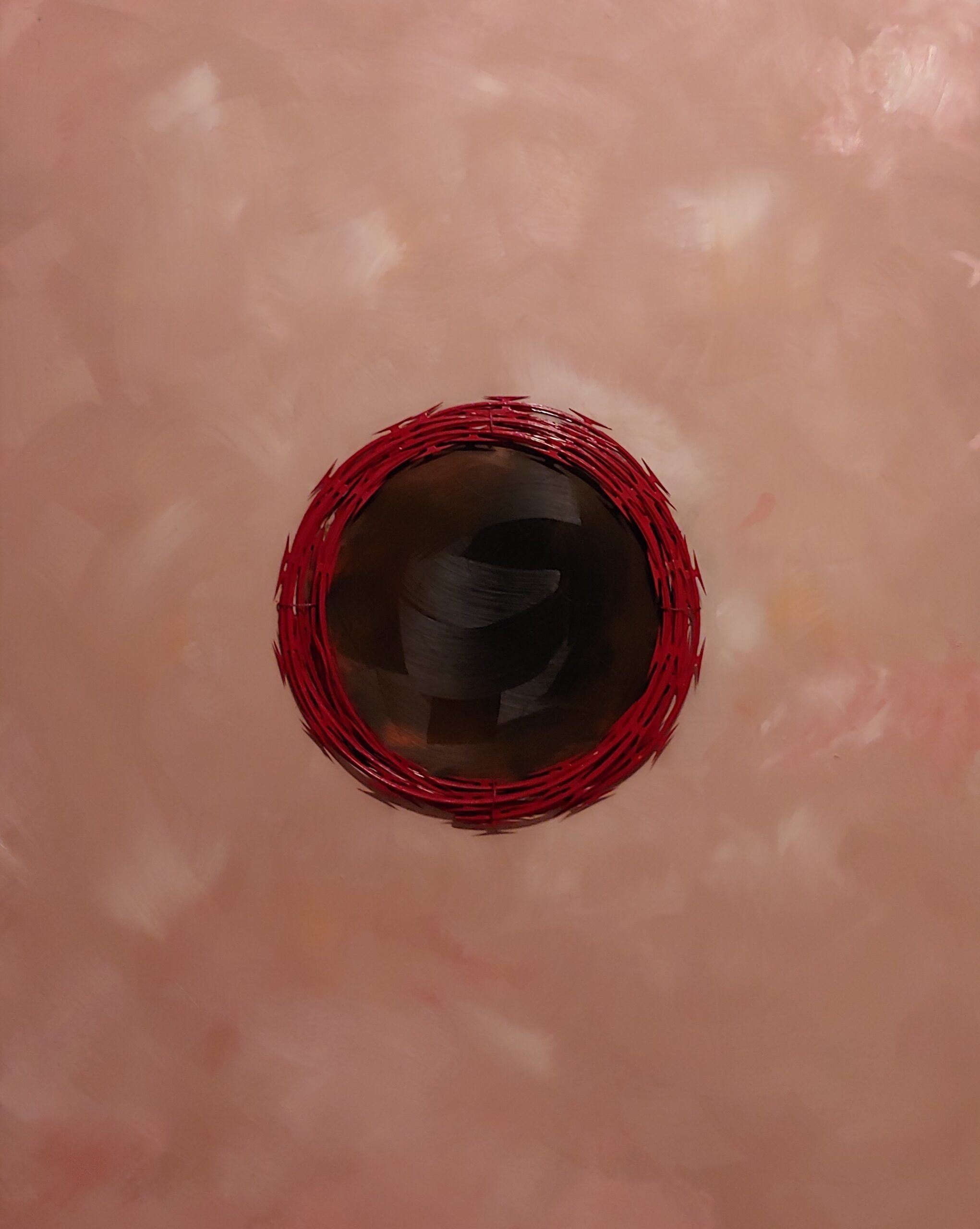
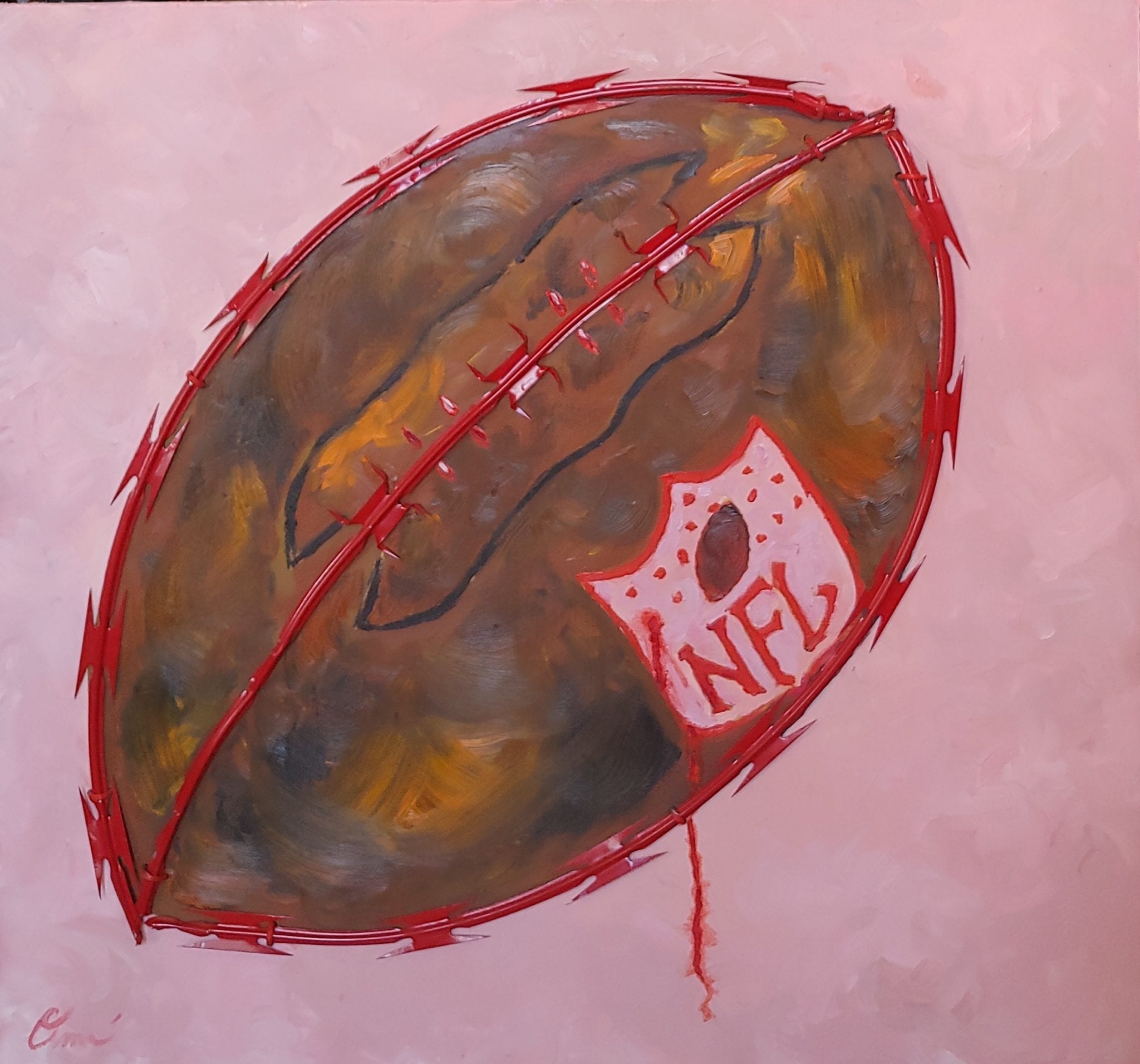
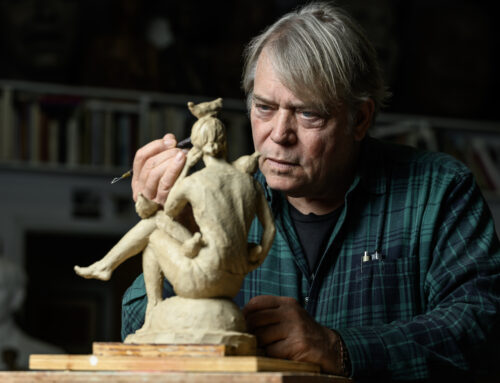
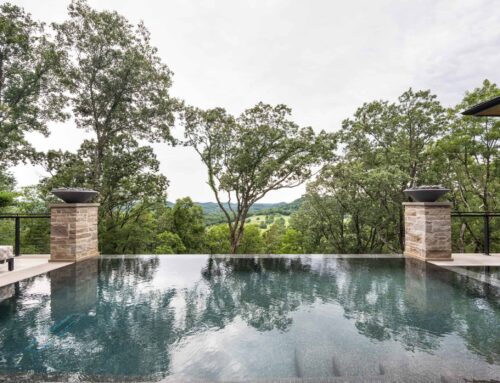
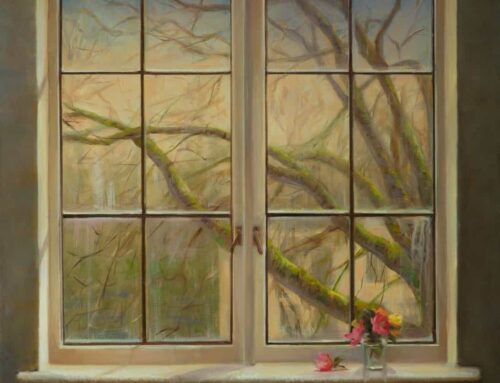


Leave A Comment
You must be logged in to post a comment.